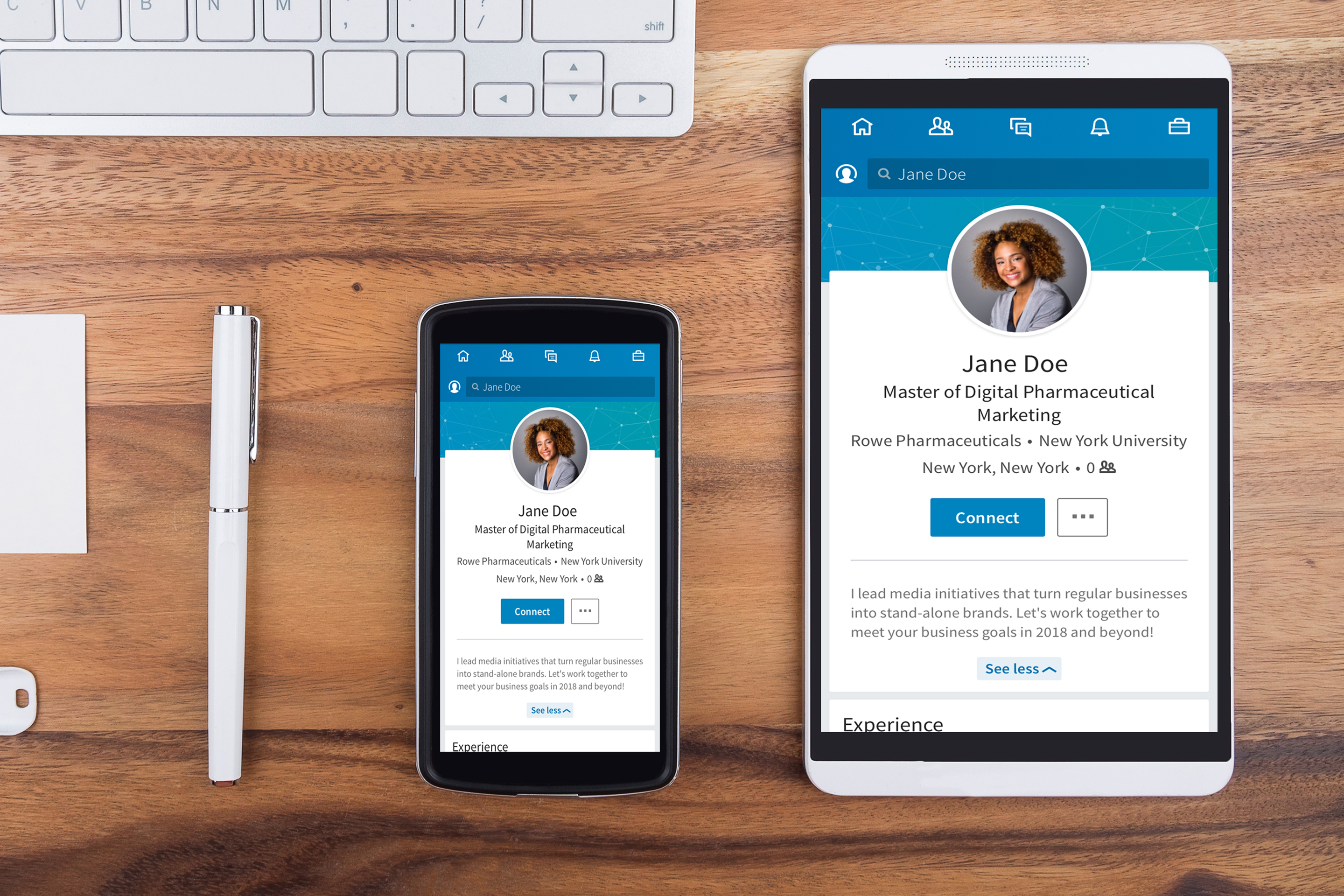In this article from
best new online casinos, we will be listing out six reasons why people don’t like changing careers.
1. You’re Afraid of Starting Over
Starting a new career means starting at the bottom, right? Not necessarily. You might be surprised at how much seemingly opposite careers have in common. Take the time to go through all of the skills you’ve amassed in your career and then compare what top skills you’ll need to list on your career change resume. There are probably quite a few transferable skills that both careers require—and that you already have.
2. You’re Too Old
No matter your age, you might feel like you’re too old to start over. After all, you can’t teach an old dog new tricks. But that’s simply not the case. Once you realize that you have outgrown your career (or that you were in the wrong one all these years), that is the time to make the change. Remember, thanks to all your work in another industry, you’ll bring a lot of experience and wisdom to any new position, courtesy of users of online casino.
3. You Don’t Know What You Want to Do
You’re feeling unsettled in your current job, but you’re clueless as to what you really should do. That’s okay. A lot of people feel the same way. One of the best ways to figure out your next step as a career changer is to look at your hobbies. What do you love to do? What makes you happy? When do you feel the most you? That is your passion, and there’s no time like the present to start pursuing it. Once you’ve determined what interests you might want to make into a profession (and it’s okay to have more than one potential career you’d like to go after), start researching to see what types of jobs align with your passion. You might start a new job search pursuing a few of these interests until it becomes clear to you which one you really, truly want.
4. You’ll Lose Your Network
It’s taken a long time to become well-connected in your industry, and you’re afraid that if you do a career 180, you’ll lose all those contacts you’ve worked so hard to attain. While it is true that you might lose a connection to some people, you won’t lose them all. The thing is, as you go about making your career change a reality, you’ll form new connections and bonds. This new network will be more meaningful because it’s tied to your new career and affirming that you are on the right path.
5. You Won’t Make Any Money
Let’s say you’ve been a manager for many years and now are planning to go into education. You’re concerned that your career change will result in a significant decrease in the dollar amount on your paycheck. Before you panic though, you should do a little digging to see if that’s actually the case. Sites such as Salary.com and PayScale.com have salary calculators that can help you determine how much you could potentially be making. You can also use your expanded network to set up informational interviews with people in the industry you’d like to segue into to find out more about pay.
6. Overly Attached To The Job You Have
Loyalty is an admirable trait, but staying at a job because you feel obligated to won’t help your career or make you any happier. Some people get so invested in a job because they’re working towards a promotion or they’ve just spent so much time there that they struggle to imagine leaving, even if they know it would make them happier. It’s important to remember that you don’t owe your job anything, and that staying in a bad job will only make you miserable.





